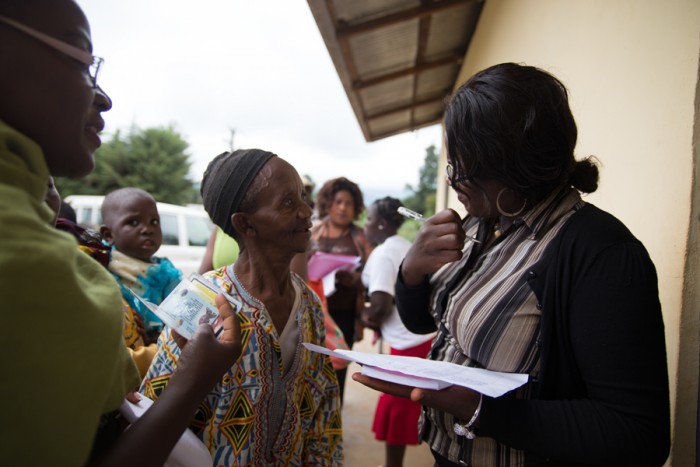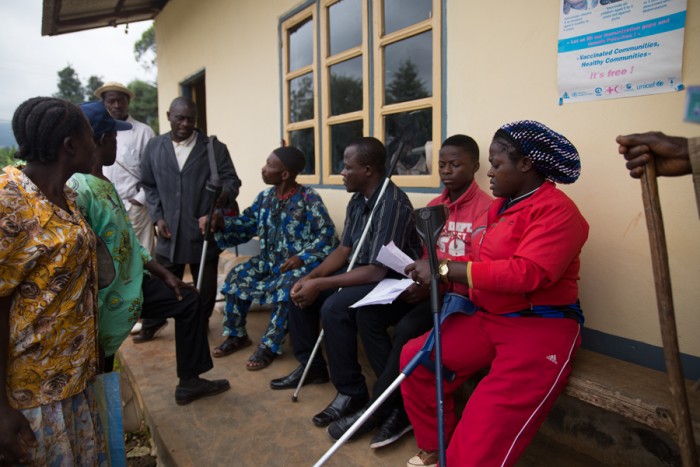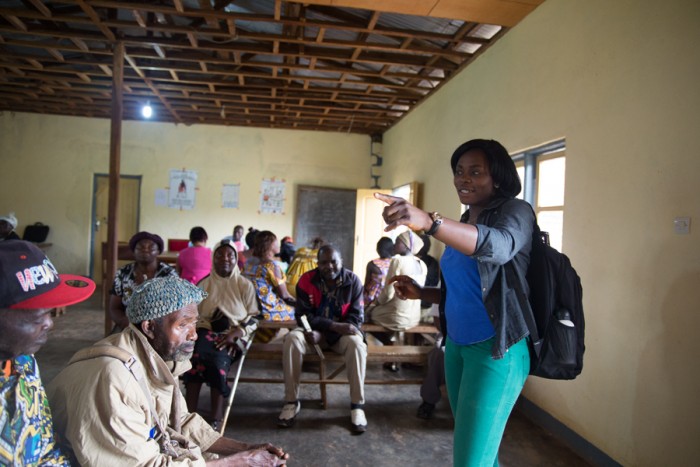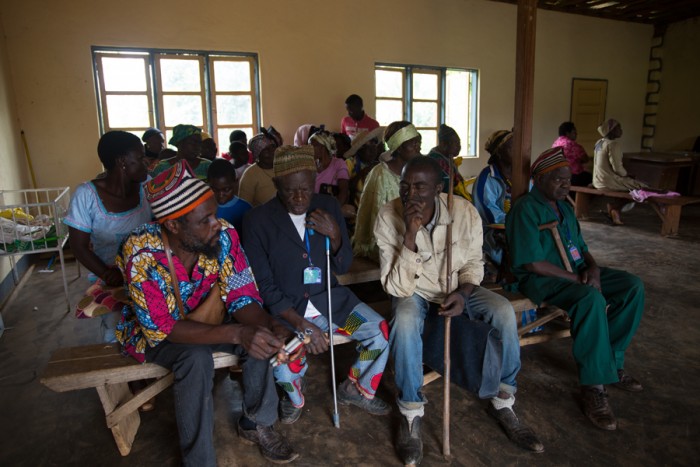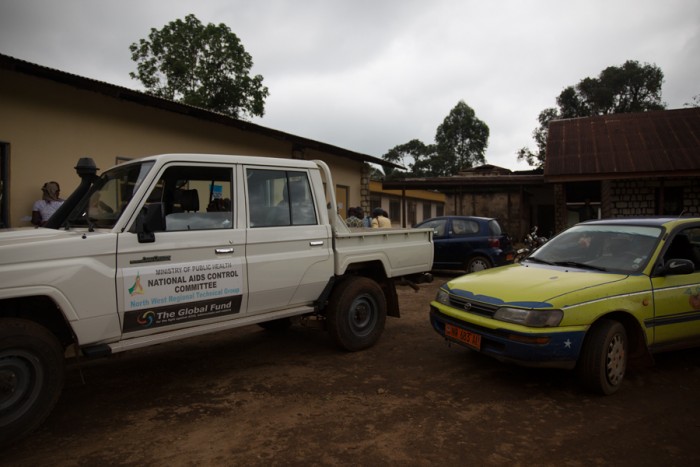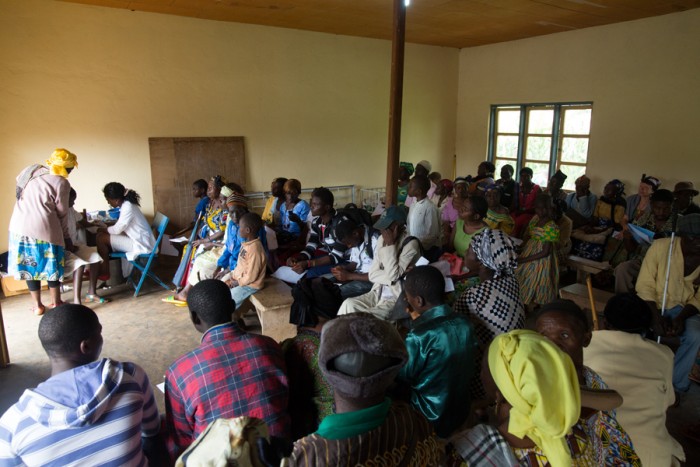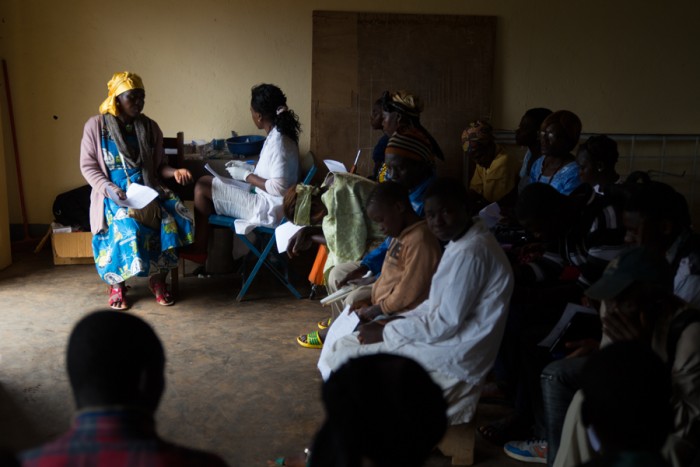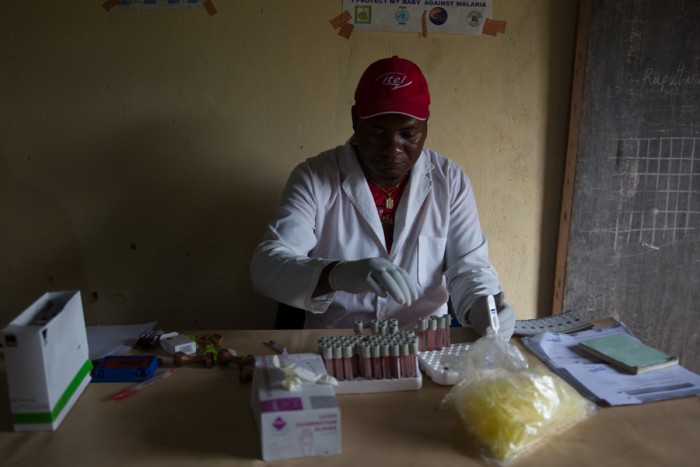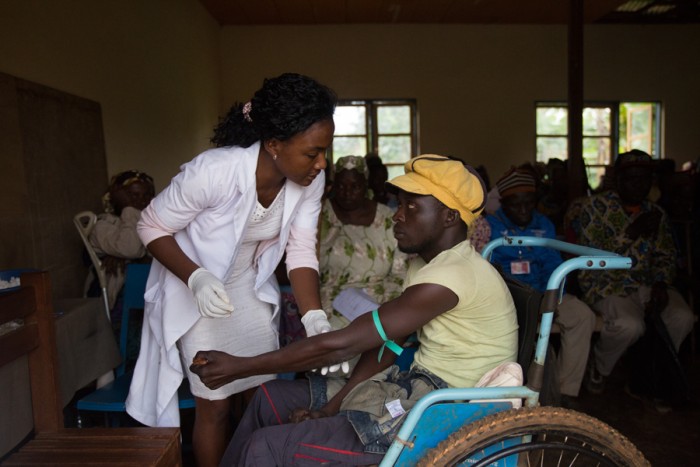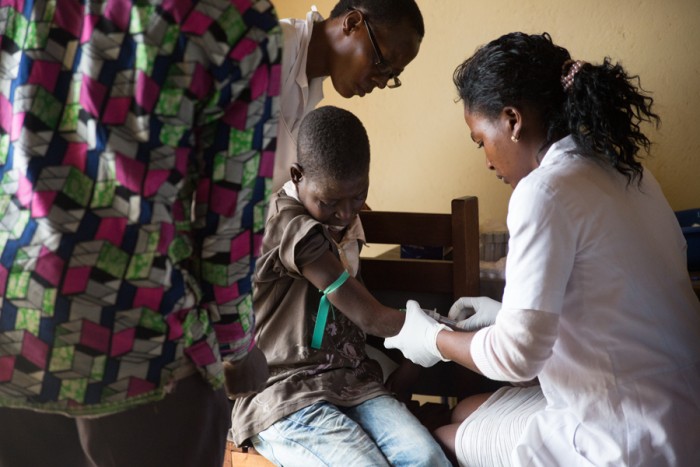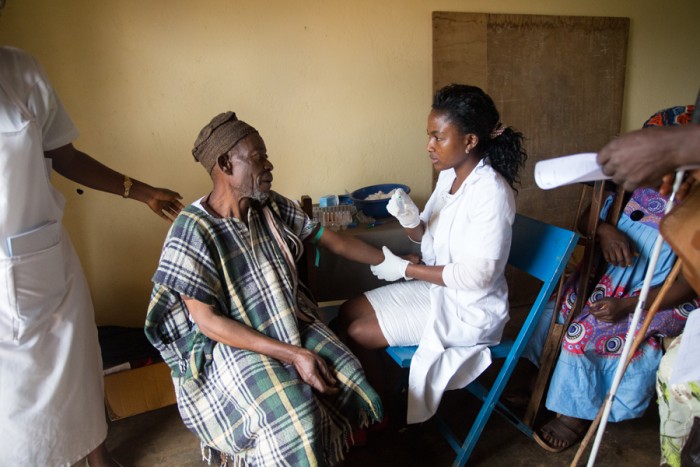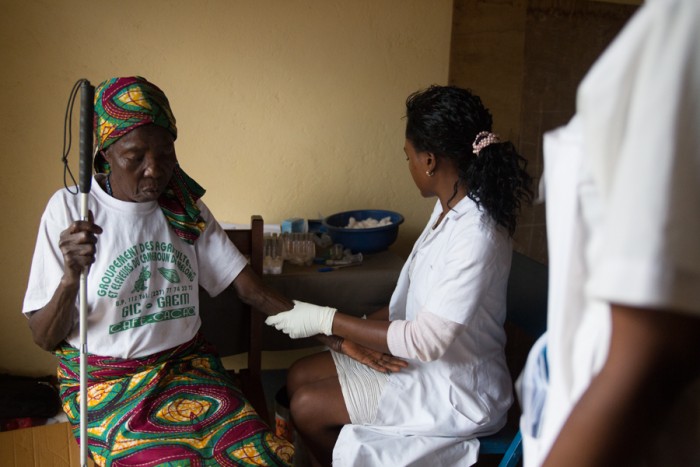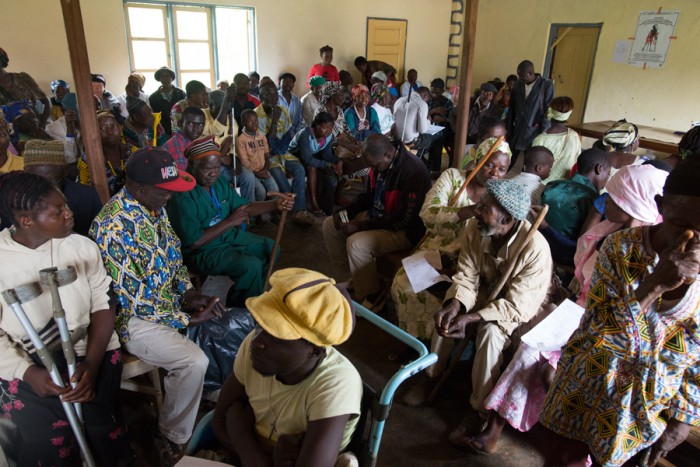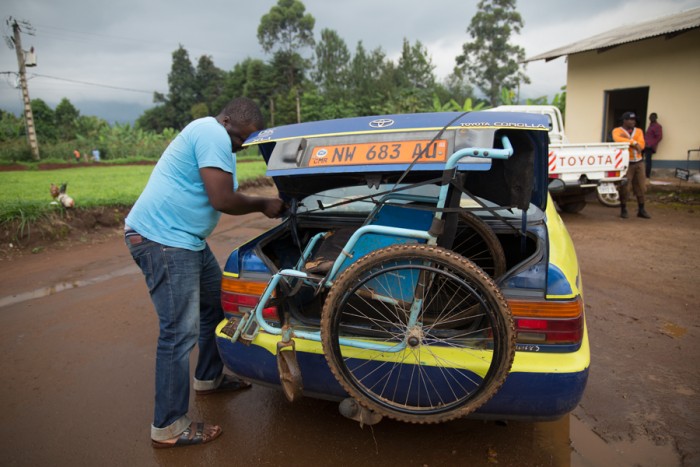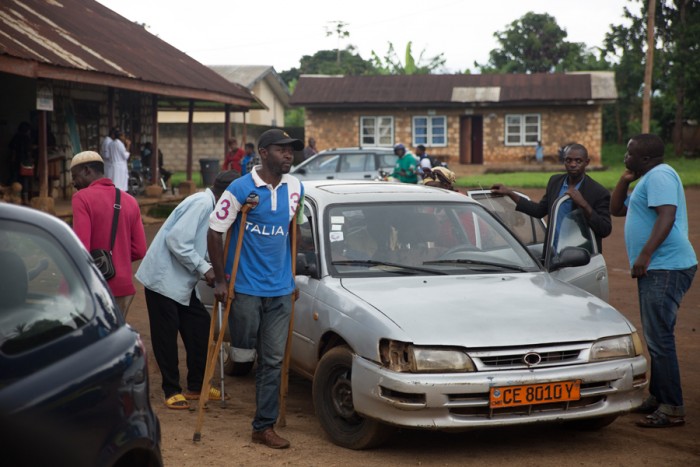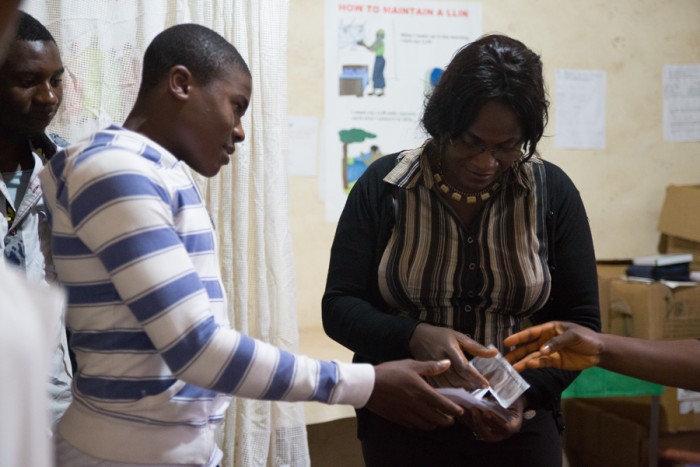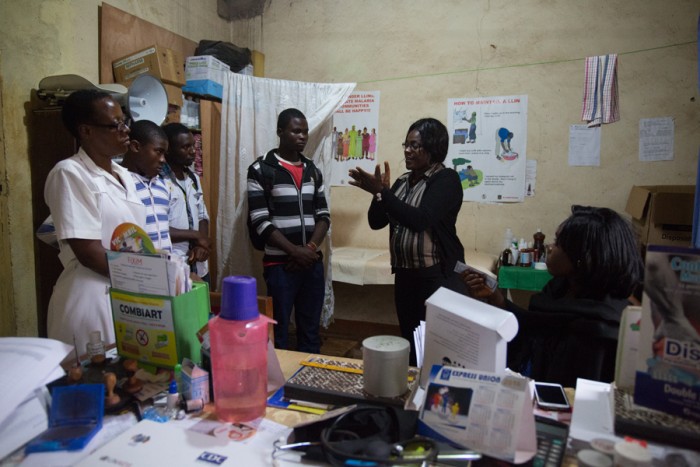August 4th, 2016 by Rachel | Tags: Disability, HIV/AIDS, Peace Corps | No Comments »
After conducting an HIV testing campaign on International Day of Persons with Disabilities on December 3, 2015 in Bamenda, my work partners and I decided that we needed to reach out to persons with disabilities beyond Bamenda by testing persons with disabilities from rural communities. On June 28, 2016 in collaboration with Coordinating Unit of Association for Persons with Disabilities, Bamenda Regional Hospital, and Tubah Health Center, we organized an HIV testing campaign located in Bambili, a village outside of Bamenda. The HIV testing campaign was funded by U.S. President’s Emergency Plan for AIDS Relief (PEPFAR), for which I applied and was awarded. PEPFAR did not only fund the testing itself. It also funded transportation to assist persons with disabilities in commuting from their homes to the HIV testing campaign site. This fund was extremely crucial for the success of the HIV testing campaign because so many persons with disabilities stay in homes and never leave the home due to the environment and lack of resources such as wheelchairs and white canes that make difficult for them to move. We also received community contributions, which included an interpreter for the deaf, a registrar to assist in registering people and also a mobilizer to spread the word about the testing campaign. About 120 persons with disabilities from four different villages in the Tubah sub-division, Bambui, Bambili, Kedjom-Keku, and Kejoum Ketingoh were tested for free of charge. 60 participants were tested for the first time in their life. 10 were tested positive. That is 8% of all participants. Four of them learned for the first time that they were HIV-positive. It’s important to note that because there were caregivers at the event to assist persons with disabilities in bringing them from their homes to the HIV testing campaign site, a few may have taking part in testing and so, there is a chance that a small number out of 120 participants were not persons with disabilities. We could have reached out to so many more persons with disabilities. Because rain came pouring hard on this day, the cost of transportation unexpectedly went up, which resulted us having to turn away so many from the HIV testing campaign event.
